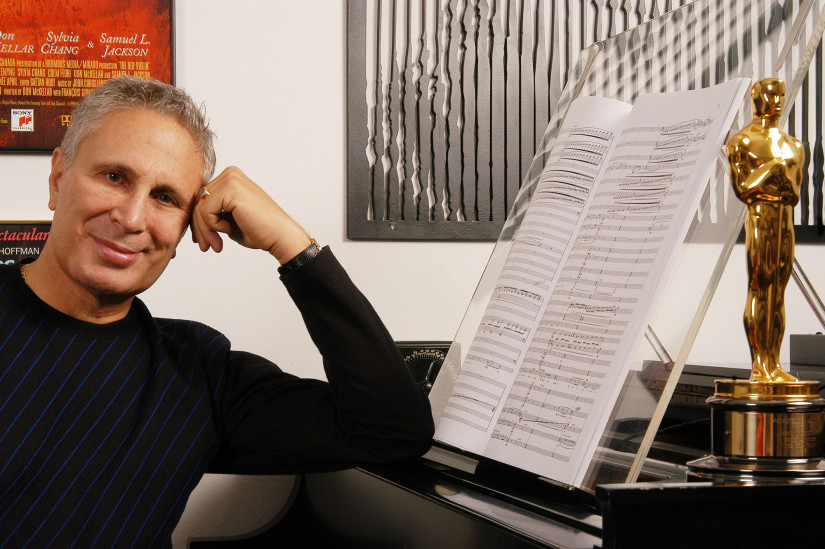John Corigliano

Corigliano has to date written three symphonies. Scored simultaneously for wind orchestra and a multitude of wind ensembles, his Symphony No. 3: Circus Maximus (2004) was commissioned by the University of Texas at Austin Wind Ensemble, who presented it on their 2008 tour in Europe and gave its New York première in 2005 at Carnegie Hall. Symphony No. 2 (2001), a rethinking and expansion of the surreal and virtuosic String Quartet (1995), was introduced by the Boston Symphony Orchestra in 2000 and earned him the 2001 Pulitzer Prize in Music. Symphony No. 1 (1991), commissioned by Meet the Composer for the Chicago Symphony Orchestra when he was composer-in-residence, channeled Corigliano's personal grief over the loss of friends to the AIDS crisis into music of immense power, color, drama, and scope: performed worldwide by over 150 orchestras and twice recorded, this symphony earned him the prestigious Grawemeyer Award for Music Composition.
His most recent concerto Conjurer (2008) was introduced by the Pittsburgh Symphony in the 2007-2008 season, when the orchestra designated him its Composer of the Year. For Joshua Bell, Corigliano composed Concerto for Violin and Orchestra: The Red Violin (2005.) Developed from the themes of the score to the François Girard’s film of the same name, which won Corigliano an Oscar in 1999, Concerto for Violin and Orchestra was introduced by the Baltimore Symphony Orchestra, under Marin Alsop and recorded by them in 2007.
While he has composed three large-scale works for voice and orchestra, Corigliano’s lone opera to date is The Ghosts of Versailles (1991), which succeeded brilliantly with both critics and audiences: the season it opened, Corigliano was elected to the American Academy and Institute of Arts and Letters, and Musical America named him its first-ever "Composer of the Year." After triumphs in Chicago, Houston, and Hannover, Germany, The Ghosts of Versailles returns to the American stage in a newly orchestrated smaller version in June 2009: first scheduled by the Opera Theatre of Saint Louis, the production includes stops in Vancouver and the Wexford Festival on a lengthening list of future engagements.
Corigliano is one of the few living composers to have a string quartet named for him: its young players banded together after an Indiana University performance of his String Quartet (1995,) which Corigliano wrote as a valedictory commission for the Cleveland Quartet and which won him that year’s Grammy Award for best contemporary composition.
Corigliano serves on the composition faculty at the Juilliard School of Music and holds the position of Distinguished Professor of Music at Lehman College, City University of New York, which has established a scholarship in his name. Born in 1938 to John Corigliano Sr., a former concertmaster of the New York Philharmonic, and Rose Buzen, an accomplished pianist and educator, Corigliano has lived in New York City all his life: for the past fourteen years he and his partner, Mark Adamo, have divided their time between Manhattan and Kent Cliffs, New York.


